Disabilities
Recent Newsletter Articles
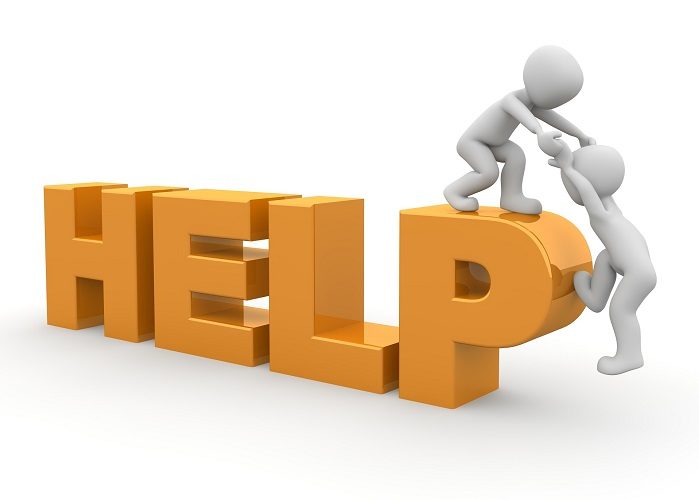
New Disability Helpline
Do you have a student who is not making level gains? Do you suspect your student may have a disability? Do you have concerns about student learning challenges? Do you need adaptive equipment for a student? Introducing PANDA’s new easy-to-use online checklist, the Disability Helpline! Read More

What is a Toobaloo?
Did you know PANDA has a lending library of adaptive equipment available for loan to ABE teachers for students with disabilities? The Toobaloo is an item PANDA will send if a student is having fluency, speech, comprehension or pronunciation challenges. Read More
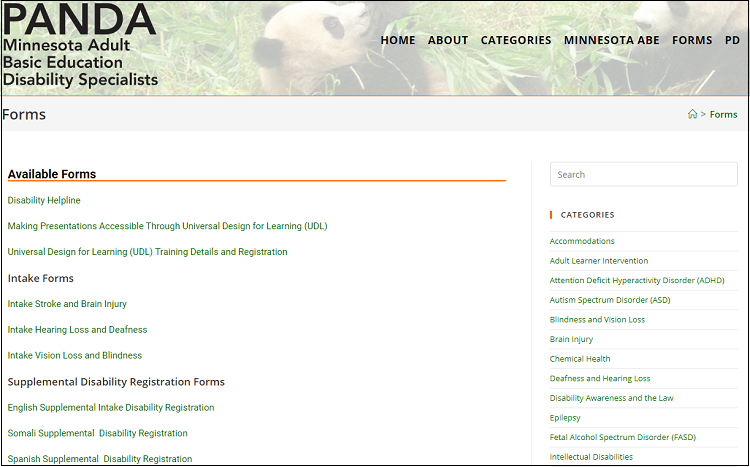
Do you know about PANDA’s Supplemental Disability Registration Form?
PANDA's Supplemental Disability Registration Form can help determine if a student has a disability. Simply add this question to your current registration form. The supplemental form is available in English, Spanish and Somali. Read More

Universal Design for Learning Webcast Training
Registration is now open for PANDA’s free Universal Design for Learning webcast training, completed at your convenience during the month of January 2019. Read on for a testimonial from a previous participant. Read More
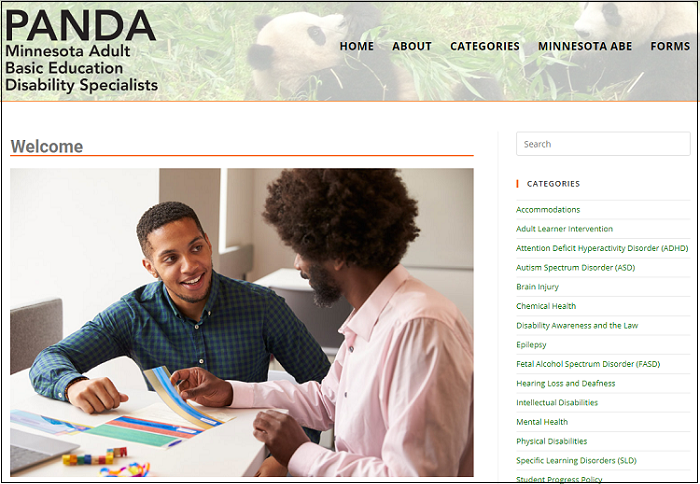
PANDA Services
PANDA provides ABE programs with disability support, knowledge, and resources to increase academic opportunities for students. Funded through a grant from the Minnesota Department of Education, our services are free for ABE programs. Check out our redesigned website and services! Read More

September is National Deaf Awareness Month
Learn about ThinkSelf, Minnesota Deaf ABE - a statewide program that serves deaf and hard of hearing adult students. Gain communication tips when speaking to individuals in the deaf community. Read More
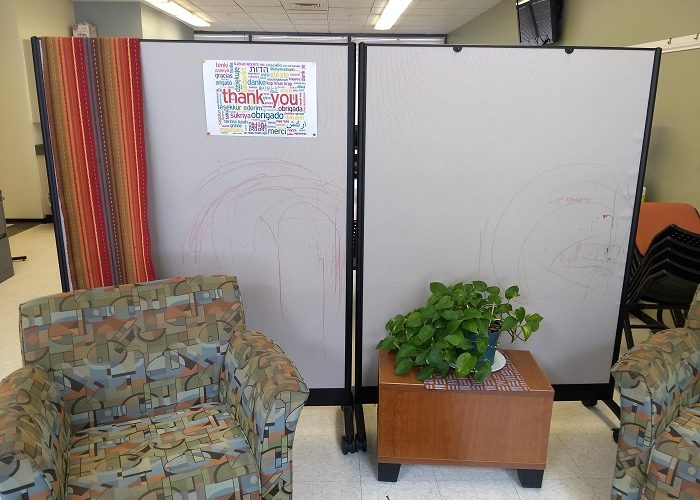
One Small Piece at a Time: Quick and Meaningful Curricular Applications for the Universal Design for Learning (UDL) Training
"How can I meet content standards while addressing student variability in learning styles and needs? How can I manage this while holding myself accountable for the content of other trainings I’m taking? What about my roles outside of my program?" Sounds like you should consider PANDA's UDL training! Read More
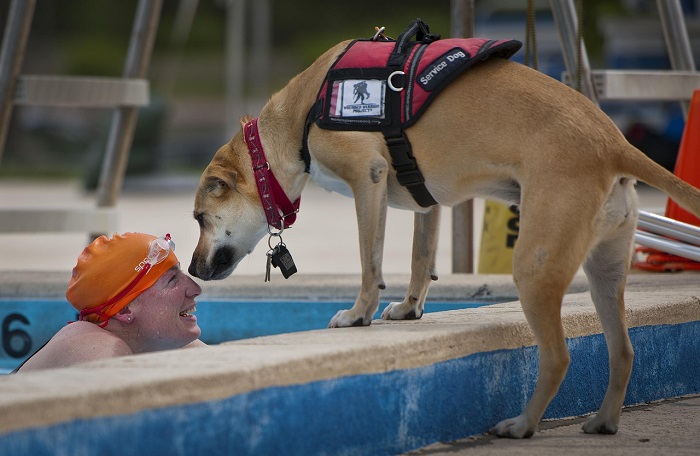
Highlighting Three Disability Programs
PANDA collaborates with and supports three ABE disability programs in the metro area that have trained teachers who specialize in working with students that have vision loss/ blindness, hearing loss/deafness, and traumatic brain injuries. Did you know you can refer students to each of these disability programs? Read More

Important GED Accommodation Updates
GED Testing Service provides reasonable and appropriate accommodations to individuals with documented disabilities who demonstrate a need for accommodations. Read on to learn about new important updates to accommodation scheduling and testing options for GED students. Read More
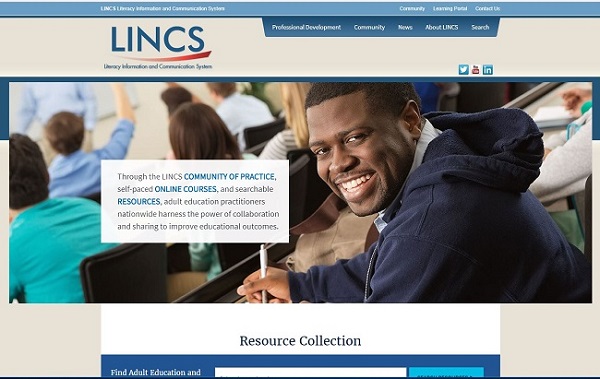
Learn about LINCS!
The Literacy Information and Communication System (LINCS) offers freely available courses, resources, and community for adult educators. Check out this powerful resource! Read More